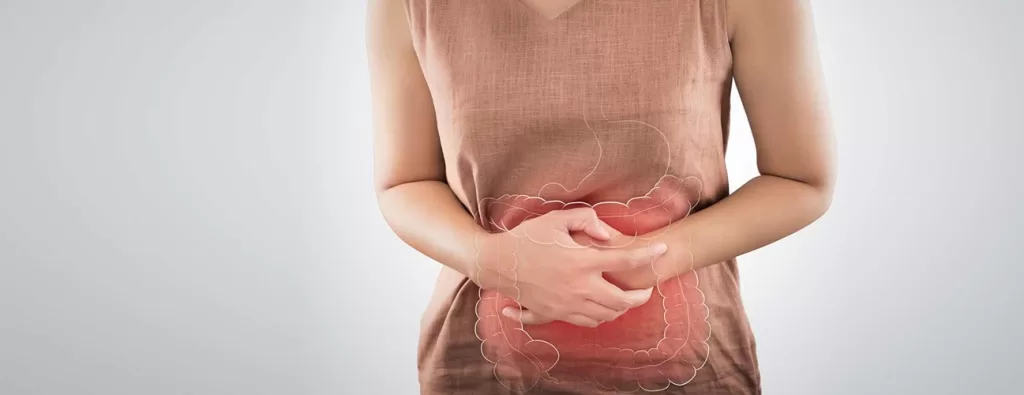Constipation is a medical condition where there is difficulty in passing stools. This is defined when there are fewer than three bowel movements in a week. A constipated person often has hard, dry, and small stools that are difficult and sometimes painful to pass. It may be a result of various factors such as a low-fiber diet, dehydration, lack of physical activity, certain medications, and medical conditions. The medical conditions can be such as irritable bowel syndrome or hypothyroidism. In some cases, it can be chronic and may require medical treatment.
Types.
There are two types of this condition. These are;
- Primary or functional constipation- as a result of problems directly from the colon.
- Secondary constipation- lifestyle or underlying issues.
Although there is no exact cause of constipation, the common causes are:
- Consuming foods that have no fiber e.g. fruits and cereals.
- Inadequate fluid intake.
- Ignoring the urge to pass stool.
- Change of lifestyle routine.
- Depression.
- Side effects of medication e.g. anti-depressants.
- Medical health conditions e.g. intestinal obstruction.
However, in children, it can be due to poor toilet training, poor diet, or fear of using the toilet.
Symptoms of Constipation
- Stool that is dry and hard.
- Pain when having a bowel movement.
- Stomach ache.
- Feeling bloated and nauseous.
- Less than 3 bowel movements in a week.
Complication.

Long-term constipation can lead to:
- Hard, dry stool collects in the rectum thus leading to fatal impaction.
- Anal fissures where there are tiny tears in the anus.
- Piles also known as hemorrhoids – veins in the rectum become swollen and inflamed.
- Pelvic floor muscles become damaged from straining. If it continues for too long urine may leak from the bladder.
- Leakage of liquid stool.
Prevention of Constipation
So, one can prevent the condition by;
- Eating a well-balanced diet that has plenty of fiber e.g. fruits and vegetables.
- Regular intake of fluids.
- Treating mild constipation with dietary supplements.
- Not postponing a bowel movement.
- Manage stress by relaxing and getting enough sleep.
Diagnosis.
- Stool test- check for infection and inflammation.
- Blood test to check for hypothyroidism.
- Imaging exams like:
- Computed tomography (CT).
- Magnetic resonance imaging(MRI).
- Colonoscopy to check the colon view.
- Colorectal transit studies where a radioactive substance is ingested and the amount of time the substance takes to move through the intestines are tracked down.
Treatment.
- Self-care- proper diet consumption.
- Medication for instance lactulose.
- Surgery if it as a result of the structure of the colon.
- Supplement reviews if it is noted it’s the cause.
- List of Accredited Private Universities in Kenya
- List of best private primary schools in Kirinyaga County.
- Mount Kenya University history, fees, courses
- Kenya Institute of special education, courses.
- Best Public High Schools in Kiambu County.
- A list of special secondary schools, and contacts.
- The best private primary schools in Nyeri county.